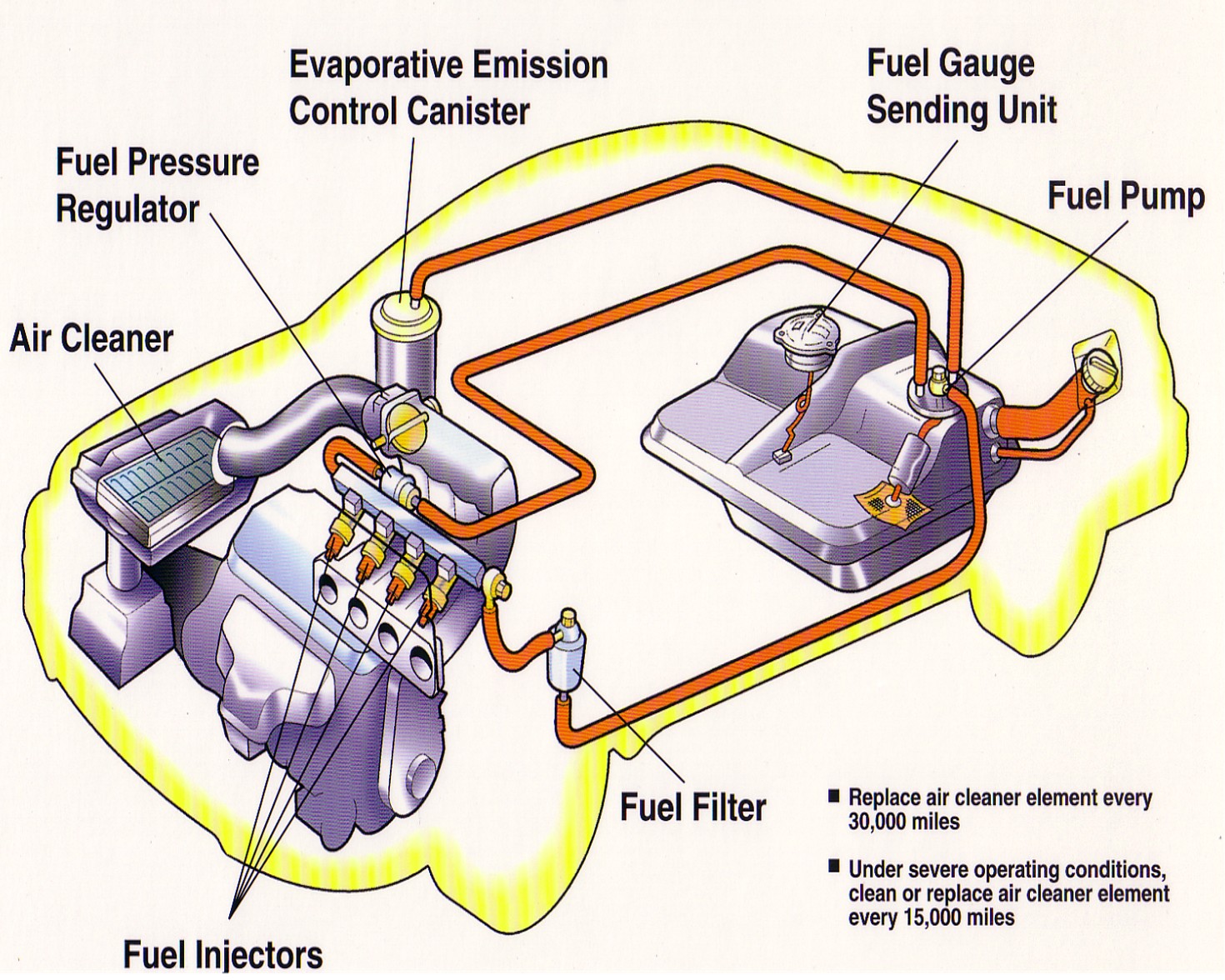Decoding Your Car's AC: Stay Cool and Save
Ever wondered about the magic that transforms your scorching car into a mobile oasis? It's all thanks to your car's air conditioning system, a complex yet essential piece of automotive engineering. Understanding how it works can empower you to keep it running efficiently, saving you money and discomfort.
Your car's AC isn't just about comfort; it's about safety too. A properly functioning AC system can prevent heatstroke on sweltering days and keep you alert by maintaining a comfortable cabin temperature. Knowing the type of air conditioning in your car – be it a basic system or a climate control setup – allows you to address issues effectively and make informed decisions about maintenance.
From simple single-zone systems to sophisticated climate control with multiple zones and sensors, car AC technology has evolved significantly. Early systems were luxurious add-ons, but today they are standard in most vehicles. Identifying the components of your specific system, such as the compressor, condenser, evaporator, and expansion valve, helps you understand the overall cooling process and diagnose potential problems.
One common question car owners ask is, "How can I tell what type of air conditioning my car has?" The answer lies in your car's manual or, often, visible controls on your dashboard. Look for indicators like "AC" buttons, temperature dials, or digital displays with zone control options. These visual cues offer clues about your system's capabilities.
Maintaining your car's AC system isn't just about keeping cool. A neglected system can lead to costly repairs down the line. Regular checks, like ensuring proper refrigerant levels and clean filters, can prevent significant issues and prolong the lifespan of your system. Understanding how different components work together empowers you to take proactive steps for optimal performance.
The history of car air conditioning dates back to the early 20th century, initially appearing as bulky, expensive add-ons. Over time, the technology became more compact, efficient, and affordable, eventually becoming a standard feature. Understanding this evolution helps appreciate the complexity and ingenuity behind modern car AC systems.
Three key benefits of a well-functioning car AC are comfort, safety, and improved air quality. Comfort is self-explanatory, but safety is crucial. A cool cabin prevents drowsiness and improves driver alertness, especially on long journeys. A functioning AC system also filters out pollen and other airborne particles, contributing to better air quality inside the car.
An action plan for maintaining your car's AC should include regular checks of the refrigerant levels, cleaning or replacing cabin air filters, and inspecting belts and hoses for wear and tear. These proactive steps can prevent minor issues from escalating into major and expensive repairs.
Advantages and Disadvantages of Automatic Climate Control
| Advantages | Disadvantages |
|---|---|
| Consistent Cabin Temperature | Higher Initial Cost |
| Improved Fuel Efficiency (in some cases) | More Complex Repairs |
| Enhanced Comfort | Potential Sensor Malfunctions |
Frequently Asked Questions:
1. How often should I recharge my car's AC? Generally, every 2-3 years.
2. Why is my AC blowing warm air? Possible causes include low refrigerant, a faulty compressor, or a blocked condenser.
3. What is the difference between single-zone and dual-zone climate control? Single-zone provides a uniform temperature, while dual-zone allows for different temperatures on the driver and passenger sides.
4. How can I improve my car AC's efficiency? Ensure proper airflow by keeping vents clear, parking in the shade, and using the recirculation feature strategically.
5. What does the "recirculate" button do? It recirculates the air inside the cabin, reducing the load on the AC system and cooling faster.
6. How can I tell if my cabin air filter needs replacing? Check your car's manual for the recommended replacement interval or look for signs of reduced airflow.
7. Can I service my car's AC myself? Some basic maintenance, like replacing the cabin air filter, can be done DIY. However, more complex tasks require professional expertise.
8. Why is my car AC making a strange noise? Unusual noises could indicate a problem with the compressor, belt, or other components, requiring professional inspection.
Tips and tricks for maximizing your car AC efficiency include parking in the shade, using sunshades on the windshield, and pre-cooling your car before driving. Regularly cleaning or replacing your cabin air filter also improves airflow and reduces strain on the system.
Your car's air conditioning system is more than just a luxury; it's a vital component for comfort, safety, and overall well-being, especially during hotter months. Understanding how it works, performing regular maintenance, and addressing issues promptly will keep you cool, save you money on costly repairs, and ensure a more enjoyable driving experience. By proactively addressing potential problems and adopting efficient practices, you can maximize the lifespan of your AC system and enjoy comfortable, cost-effective drives for years to come. Take control of your car's climate and enjoy the cool rewards.
Nfl drafts golden ticket decoding first round picks
Gardening by the moon unlocking the secrets of la lune pour planter
Exploring the complexities of the michael afton and william afton dynamic in five nights at freddys














